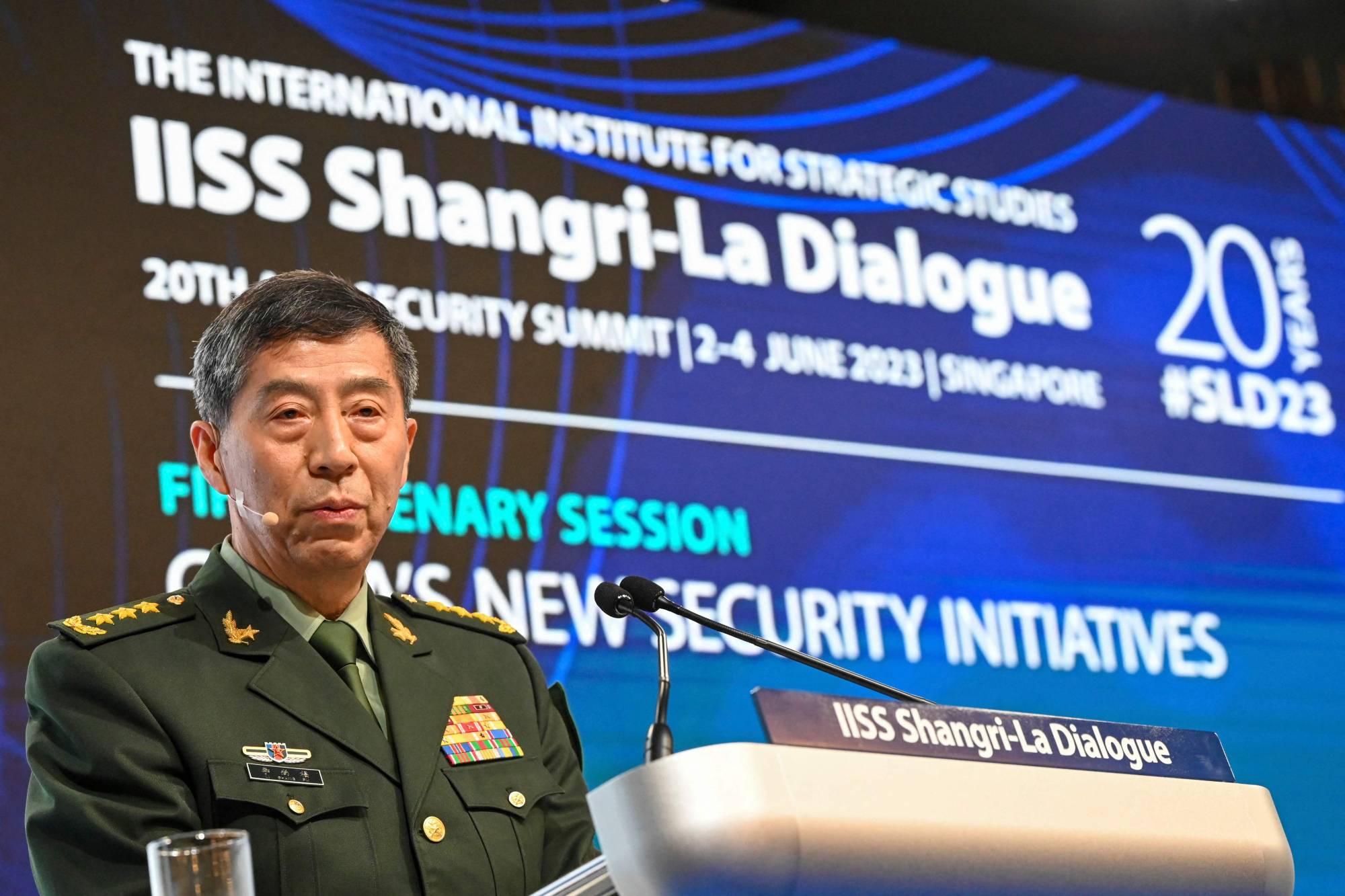It would have been the ideal setting to halt the downward spiral in U.S.-China relations. But while calls for dialogue and conflict prevention took center stage at Asia's top security conference, the only thing Washington and Beijing exchanged was the blame for a breakdown in military-to-military communications.
While the two superpowers traded barbs at this year's Shangri-La Dialogue in Singapore, the conference also saw a series of important speeches and sideline meetings that highlighted U.S. efforts to strengthen its security alliances and partnerships in the Indo-Pacific region.
But this evolving network of smaller regional partnerships aimed at countering China has also left many in Southeast Asia increasingly concerned about whether a policy of bolstering deterrence without dialogue actually makes the region safe.

















With your current subscription plan you can comment on stories. However, before writing your first comment, please create a display name in the Profile section of your subscriber account page.